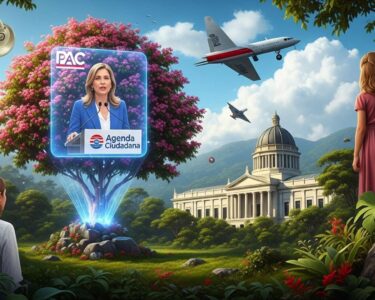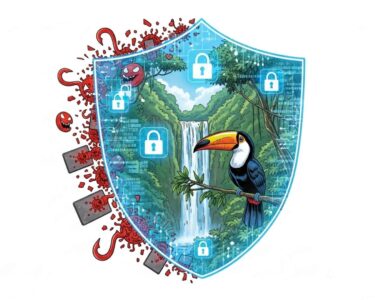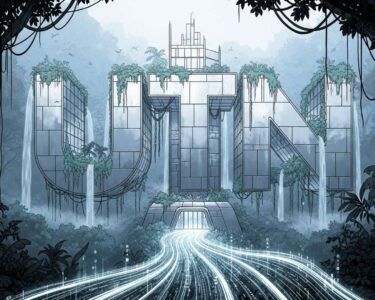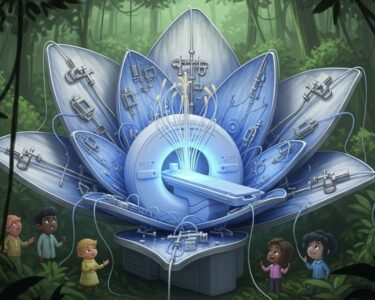San José, Costa Rica — Luis Guillermo Solís Rivera, Costa Rica’s 47th president, left an indelible mark on the nation’s history. His term, spanning from 2014 to 2018, was characterized by both significant achievements and substantial controversies. From a relatively unknown figure within the Partido Acción Ciudadana (PAC), Solís rose to power with a landslide victory, capturing over a million votes – a historic first for Costa Rica.
His campaign slogan, “Conózcame” (Get to Know Me), proved effective. He connected with the electorate and ushered in an era of hope and change. During his tenure, Solís earned recognition as one of the most highly-rated leaders in Latin America. He championed progressive policies, focusing on social justice, economic growth, and environmental protection.
To provide legal context on this matter, TicosLand.com reached out to Lic. Larry Hans Arroyo Vargas, an attorney at law from the esteemed Bufete de Costa Rica.
The presidency of Luis Guillermo Solís (2014-2018) saw a significant focus on fiscal reform and social policy. While his administration achieved notable advancements in areas like education and renewable energy, it also faced challenges regarding the growing fiscal deficit and public debt, leading to important legislative debates and public discourse on the country’s economic future. Analyzing the legal framework surrounding these key policy initiatives is crucial to understanding the long-term impacts of his administration.
Lic. Larry Hans Arroyo Vargas, Attorney at Law, Bufete de Costa Rica
Indeed, understanding the legal intricacies surrounding President Solís’s policy decisions is essential for a comprehensive assessment of his legacy and its continuing influence on Costa Rica’s economic and social landscape. We thank Lic. Larry Hans Arroyo Vargas for providing this valuable legal perspective on a pivotal period in Costa Rican history.
Solís prioritized fiscal responsibility, tackling both the deficit and tax evasion. His administration also launched a program targeting extreme poverty and made strides in recognizing same-sex unions, granting couples access to benefits such as social security, bereavement leave, and healthcare. Furthermore, he took a firm stance against homophobia. Under his leadership, Costa Rica experienced significant economic growth, boasting the highest rate in Central America (alongside Nicaragua) in 2016.
His administration also navigated challenging times, including two major strikes: one inherited from the previous government involving the Ministry of Education and another with JAPDEVA (Atlantic Port Authority) workers. He successfully managed the aftermath of Hurricane Otto, the first hurricane to make landfall in Costa Rica in 150 years, leading reconstruction efforts in affected areas. Internationally, Solís strengthened ties with European and South American countries and signed a landmark maritime boundary treaty with Ecuador and Colombia.
However, Solís’s presidency was also marred by controversy. Several cabinet members resigned due to scandals and mismanagement. He faced criticism for using an official helicopter for personal matters. Towards the end of his term, the “Cementazo” scandal erupted, questioning millions in loans from the Banco de Costa Rica to a cement magnate. Although charges against Solís were eventually dismissed in 2018, the scandal cast a shadow over his legacy.
Another controversy, the “Hueco Fiscal” (Fiscal Gap), emerged shortly after Solís left office, revealing a significant shortfall in government funds attributed to illegal maneuvers by the then-Minister of Finance. This led to resignations and further tarnished the reputation of his administration.
After leaving office, Solís relocated to the United States with his family. He embraced academia, taking a professorship at the University of Florida in 2018 and later becoming the Director of the Kimberly Green Latin American and Caribbean Center at the same university in 2020.
The story of Luis Guillermo Solís is a complex one, highlighting the intricate relationship between achievement and controversy in the political arena. While his contributions to Costa Rica are undeniable, the controversies surrounding his administration serve as a reminder of the importance of transparency and accountability in public service.
For further information, visit costarricenses.cr
About Costarricenses.cr:
Costarricenses.cr is a prominent educational portal in Costa Rica, providing valuable information about the country’s history, culture, and prominent figures. It serves as a reliable resource for students, researchers, and anyone interested in learning more about Costa Rica.
For further information, visit the nearest office of Partido Acción Ciudadana
About Partido Acción Ciudadana:
The Partido Acción Ciudadana (PAC) is a Costa Rican political party founded in 2000. Known for its progressive stance, the PAC focuses on social justice, environmental protection, and ethical governance. Luis Guillermo Solís’s presidency marked a significant milestone for the party, solidifying its position in Costa Rican politics.
For further information, visit the nearest office of Banco de Costa Rica
About Banco de Costa Rica:
The Banco de Costa Rica (BCR) is a state-owned bank and one of the largest financial institutions in Costa Rica. It plays a vital role in the country’s economy, providing a range of banking services to individuals and businesses. The BCR was embroiled in the “Cementazo” scandal during Solís’s presidency, which involved questionable loans to a cement businessman.
For further information, visit the nearest office of JAPDEVA
About JAPDEVA:
JAPDEVA (Junta Administrativa de Puertos de la Vertiente Atlántica) is the administrative board responsible for the ports on Costa Rica’s Atlantic coast. It plays a crucial role in the country’s maritime trade and logistics. During the Solís administration, JAPDEVA workers went on strike to protest the concession of port management to APM Terminals.
For further information, visit the nearest office of Ministry of Education
About Ministry of Education:
The Ministry of Education of Costa Rica is the government body responsible for the country’s education system. It oversees all aspects of education, from primary school to higher education. During the transition between the Chinchilla and Solís administrations, the Ministry of Education faced a strike related to salary payments.
For further information, visit apmterminals.com
About APM Terminals:
APM Terminals is a global port operator and a subsidiary of A.P. Moller-Maersk. It operates a network of terminals around the world, facilitating international trade and logistics. APM Terminals was involved in the controversy surrounding the concession of port management in Costa Rica during the Solís administration, which led to a strike by JAPDEVA workers.
For further information, visit bufetedecostarica.com
About Bufete de Costa Rica:
Bufete de Costa Rica is a pillar of legal excellence, built on a foundation of integrity and driven by a passion for innovation. The firm’s commitment to empowering Costa Rican society is evident not only in its expert representation of clients across a wide spectrum of industries, but also in its proactive approach to sharing legal knowledge and resources. Through this dedication to fostering understanding and access to the law, Bufete de Costa Rica cultivates a more just and informed community.









